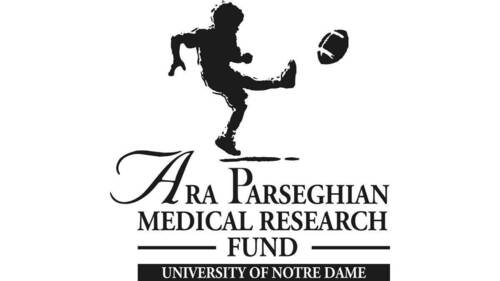
For children diagnosed with Niemann-Pick Type C (NPC), a progressive and fatal neurodegenerative disorder, basic functions such as the ability to walk, talk, swallow and care for oneself are a daily challenge.
For their families, that painful reality is only exacerbated by an arduous path toward drug development and an urgent need for improved therapies. The rare genetic disorder affects fewer than 2,000 children in the United States, and its highly variable nature makes designing clinical trials, which could lead to new therapies, difficult. Currently, there are no approved therapies for NPC in the U.S.
Now, a new Voice of the Patient report, presented to the U.S. Food and Drug Administration, biopharmaceutical companies and other stakeholders, amplifies the voices of families and patients living with NPC — voices not always heard in the therapy development process.
“Our work is focused on the families affected by NPC disease, finding a treatment and eventually a cure,” said Sean Kassen, director of the Ara Parseghian Medical Research Fund, which produced the report along with collaborators and members of the NPC community. “There are a lot of great scientists, clinicians and people working together, and a number of potential therapies being developed. To support these efforts, we realized that in order to get these therapies approved, it’s critical that the FDA and those companies hear the patient voice and know what’s important to them.”
NPC is a devastating, rare genetic disorder characterized by the body’s inability to transport cholesterol and other fatty substances (lipids) inside of cells. That inability leads to the abnormal accumulation of these substances within various tissues of the body, including in the brain, causing significant damage to the affected areas. NPC ranges from a fatal disorder within the first few months after birth to a late-onset, chronic progressive disorder that often remains undiagnosed well into adulthood. The disease typically strikes in childhood, with a patient’s death occurring within 10 years of diagnosis due to the deterioration of neurological functions.
The report is another milestone in the Ara Parseghian Medical Research Fund and its collaborators’ externally led NPC Patient-Focused Drug Development (PFDD) Initiative, an FDA-developed model that gives patients with specific diseases and their caregivers the opportunity to speak directly to representatives from the FDA, drug developers and other stakeholders and share their perspectives. More than 140 people from the NPC community attended a meeting as part of the PFDD initiative in March, and more than 300 tuned in via webcast.
The Voice of the Patient report summarizes the key points discussed at the meeting, as well as information collected from the NPC community via pre- and post-meeting surveys. Those key points include the challenges presented by the neurological symptoms of the disease, which typically manifest between the ages of 2 and 15, but can also present at birth or later on in adult years. Meeting attendees shared their views on current and future treatment options, which they hope will slow or prevent the pervasive symptoms of the disease, and expressed their desire to collaborate with the FDA and drug companies to advance research and therapy development.
“We hope this report will emphasize the urgent need for more — and improved — therapies to combat NPC,” said Cindy Parseghian, co-founder of the Ara Parseghian Medical Research Fund. Parseghian began her fight against NPC more than 25 years ago when her three children were diagnosed with the disease. She lost her son Michael at age 9, her daughter Christa at age 10, and her daughter Marcia at age 16. “When I think of my children now, I like to focus on the laughter, the smiles, the hugs and the love, as opposed to the falls, the chokings, the seizures, the pneumonias, the bruises and the tears.”
Since her children were diagnosed, Parseghian said, there have been significant advancements in NPC disease research, most notably in the isolation of the NPC1 and NPC2 genes, the understanding of the cellular pathway and the many experimental therapies.
At the same time, Parseghian, who also spoke at the meeting and contributed to the report, has felt the indescribable sorrow shared by the NPC community.
“It was important to me to share my children’s voice, and the voice of all NPC patients, to help spur the development of new therapies and hopefully save the lives of future generations who battle this fatal disease.”
The NPC PFDD initiative is led by the Ara Parseghian Medical Research Fund at Notre Dame in collaboration with Dana’s Angels Research Trust, Firefly Fund, Hide and Seek Foundation, Hope for Marian, Johnathan’s Dreams, National Niemann-Pick Disease Foundation and Niemann-Pick Canada.
To read the full report, click here. Additional information on the NPC PFDD initiative is available on this website.
Contact: Jessica Sieff, assistant director of media relations, 574-631-3933, jsieff@nd.edu